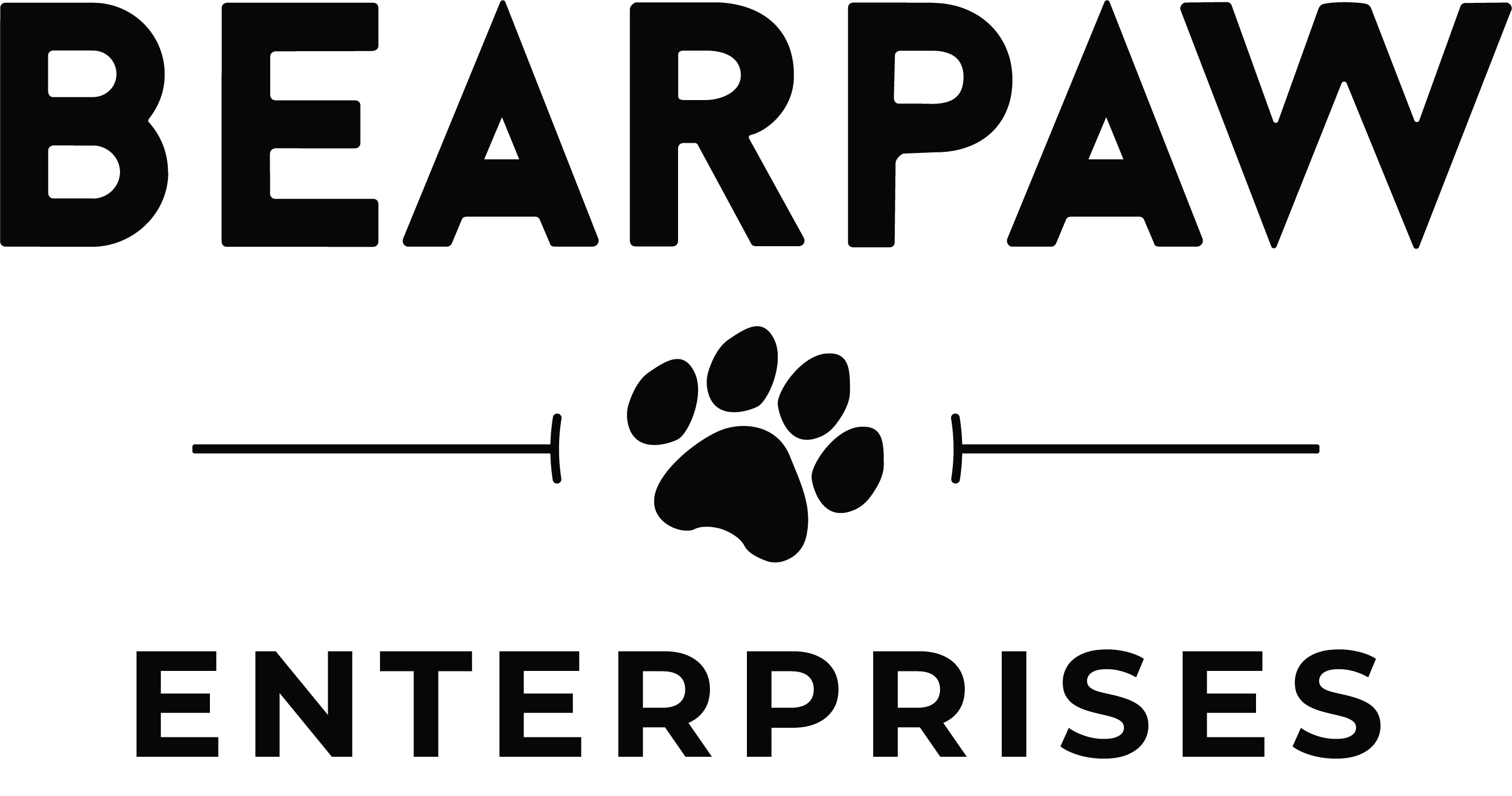Digital marketing refers to a form of advertising that promotes a brand or product through electronic media. It differs from traditional marketing in that its strategy involves more significant analysis of results to gain an understanding of what marketing campaigns will work best for your business. The role of a digital marketer is to study common searches, search frequencies, sales impact, cost-per-click analysis and the content that is going to be most beneficial to your digital campaign. Digital marketing utilizes many channels including search engines, websites, social media, mobile apps, and email. Twitter, Facebook, Instagram, LinkedIn, and Pinterest are several of the common social media platforms digital marketers use to promote brands and products.
Online versus Offline
A connection to the internet defines the distinction between online and offline digital marketing. Search engines, websites, social media, email, and many mobile apps require an internet connection to reach their audiences effectively. Offline digital marketing still involves electronic devices, though its channels do not need an internet connection. Customer demographics often dictate which kind of digital marketing will prove most beneficial to the brand or product.
Online digital marketing can be achieved through the following:
Search Engine Optimization (SEO)
SEO is the process of optimizing your content so that your website ranks higher on search engine results pages (SERPs). This increases the traffic to your website and encourages brand awareness. SEO generates organic search results through many creative and technical elements. These elements can include such components as keyword optimization, videos, links, page speed, and original content- all of which should reflect the personality and values of the brand in a user-friendly website layout.
Search Engine Marketing (SEM)
Whereas SEO generates search results organically, SEM includes the purchasing of paid ads in your digital marketing campaigns. In other words, the practice of SEM means you are paying for traffic to your website (via pay-per-click, display, or retargeting ads). A combination of SEM and SEO can be exceptionally beneficial to a marketing campaign. While SEO can take up to six months to see the results, SEM speeds up the process as ads can be purchased immediately.
Pay-Per-Click Advertising (PPC)
With PPC advertising, the advertiser pays each time a user clicks on the business’s ad. These ads receive their ranking from what is known as the “ad auction” in which the search engine employs an automated process that determines the relevance and validity of the specific advertisements that will show up on their SERP. The most common PPC advertisement is a paid search ad that it appears when users are looking for an item or service they want to purchase.
Content Marketing
The purpose of content marketing is to create and distribute valuable content that appeals to a specific audience, spreads brand awareness, increases sales, promotes customer relationships, and creates topical authority. Content marketing is used in a number of components in your digital marketing campaign. It is used on web pages, blogs, infographics, social media posts, and emails. The goal of content marketing is to create topical authority while providing literature that interests and entertains an audience.
Social Media Marketing (SMM)
As a form of internet marketing, SMM involves the creation of content to be shared across social media networks and create brand awareness. SMM utilizes text, images, videos, and ads to promote audience engagement with your brand or product. SMM uses different social media networks to reach particular demographics based on age, interests, location, and more. Ultimately, SMM can increase website traffic, brand awareness, and customer interaction.
Affiliate Marketing
Affiliate marketing involves an arrangement in which an external website or individual is paid commission by the online retailer to refer readers or followers to the business’s page, product, or service. Beyond driving traffic to a retailer’s website, affiliate marketing creates brand awareness, increases sales, reaches specific customer demographics, and displays brand values.
Email Marketing
In this form of internet marketing, a business utilizes email lists to advertise products and services. Email marketing works best (and avoids ending up in the spam folder) when it is tailored to the interests and needs of potential customers. Using email marketing to offer individual customers special discounts and news based off of unique details, such as an upcoming birthday or a flash sale, allows a business to build customer relationships, and brand reputation.
Digital marketing allows businesses to effectively reach and engage target audiences, promote brand awareness, increase sales, and build customer relationships all while optimizing campaigns. A successful digital marketing campaign achieves these business goals by utilizing search engines, social media platforms, websites, and mobile apps. To enhance your digital presence and overall success, your campaigns should be highly customized to your brand’s values and target consumer.
Ready to start your next digital marketing campaign? Let’s Talk!



